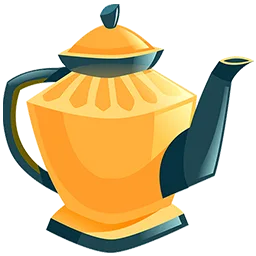Top 9 Herbal Tea Blends to Ease Summer Allergies Naturally
For many, summer is the season of travel, fun, cold beer, ice cream, and a hot cup of herbal tea. But for some, summer is the oh-no-again season because of itchy eyes, stuffy nose, constant sneezing, and skin rashes. Summer allergies ruin the summer fun, disrupt our sleep, and steal our focus. If you suffer from seasonal allergies, summer probably feels more like a challenge filled with tissues, antihistamine pills, and ointment than fun and excitement.
The main culprits are often the pollen of trees, grasses, flowers, and seasonal molds. Their pollens spread faster and more easily during the summer hot and dry weather. While antihistamines can control the symptoms, many people prefer natural, and sometimes more effective, solutions.
In this article, we will introduce you to simple but powerful herbal teas that can help reduce the annoying symptoms of allergies during the summer.
#1 Stinging Nettle Tea
Are you constantly sneezing, have a stuffy nose, and lots of rashes on your skin during the summer? Stinging nettle tea, despite its name, is a natural savior for you. This plant, which has a special place in traditional medicine, has natural antihistamine compounds. Stinging nettle can prevent the release of histamine in the body, the substance that causes allergies like itchy eyes, runny nose, and skin inflammation.
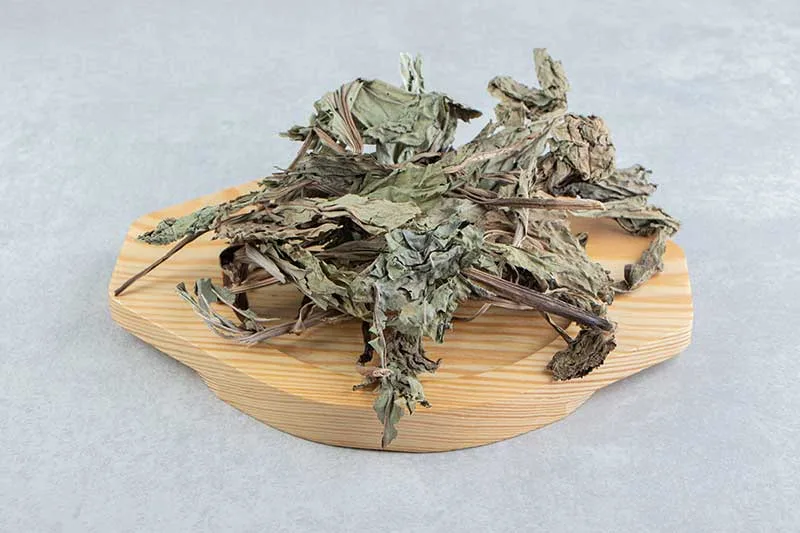
At first glance, stinging nettle may seem a bit scary because of its itchy leaves, but when dried and consumed as an infusion, it is not only harmless but also has several health benefits. Drink a cup of nettle tea daily to make your body less reactive to pollens during summer. You also crush some nettle leaves and add them to your soup or stew to benefit from its antihistamine properties.
#2 Chamomile Tea
If you are one of those people whose eyes get red and your skin irritated when summer starts, chamomile tea should be on your list of top herbal teas. Chamomile tea has anti-inflammatory effects and helps reduce allergic symptoms. It also has a pleasant taste and is a great replacement for traditional black tea.
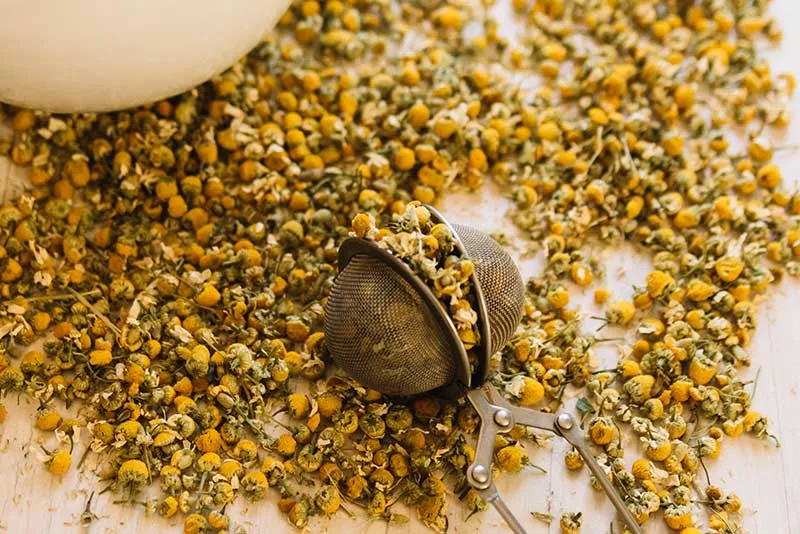
Chamomile is very effective for itchy eyes, inflammation of eyelids, and itchy nose and throat. You can drink chamomile as a tea, or gently place a cold chamomile tea bag on your eyelids. Sipping chamomile tea is also great for opening up your airways, especially when you’re feeling stuffy and tired.
#3 Ginger Tea
Ginger is best known for its warm and immune-boosting properties. But beyond that, ginger tea can inhibit the body’s inflammatory responses to allergens such as tree pollen.

In general, when the body overreacts to an environmental stimulus, inflammation occurs in the sinuses, throat, and on the skin. The result is constant sneezing, an itchy throat, and lots of skin rashes. If you mix a cup of ginger herbal tea with a little honey, you can reduce inflammation and make it easier to breathe.
#4 Thyme Tea
Thyme is a common fragrant spice. If you brew a cup of thyme tea, it helps with many symptoms of hay fever. The anti-bacterial and anti-inflammatory properties of thyme tea drain inflamed sinus secretions and reduce nasal congestion.

You can brew a cup of thyme tea by packing a tea infuser and putting it in a cup filled with boiling water. While you wait for the tea to reach your ideal drinking temperature, inhale its steam. Many also brew thyme decoction to maximize its effects.
#5 Lavender Tea
Do your summer allergies go beyond sneezing and nasal congestion to skin rashes, severe itching, and anxiety? Add lavender tea to your daily regimen.
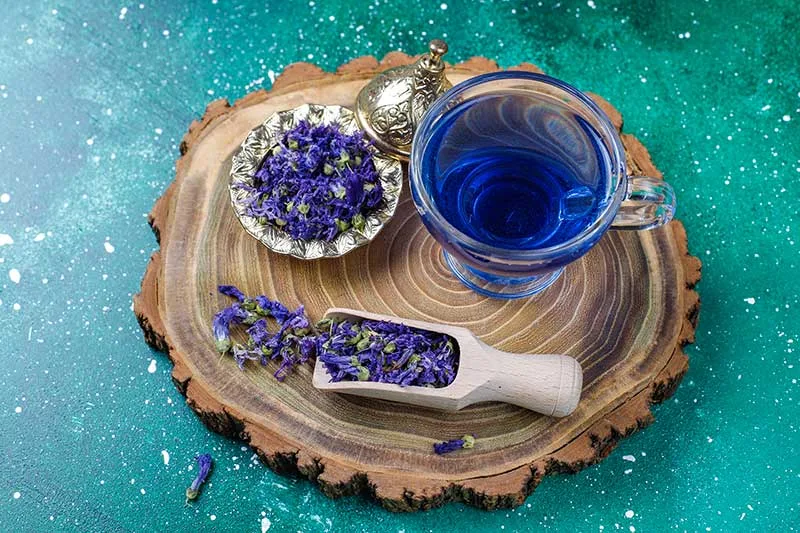
Lavender has natural anti-inflammatory compounds and can soothe irritated skin. Also, lavender scent reduces nervous tension caused by allergies. Besides drinking lavender tea, you can use a few drops of its oil in a diffuser or in the bath to soothe your skin as well.
#6 Turmeric Tea
Curcumin, an active ingredient in turmeric, is one of the strongest organic anti-inflammatories known to man. Adding turmeric to all food is recommended, but drinking its tea. a.k.a. the golden milk, is definitely on another level of benefiting from turmeric properties.
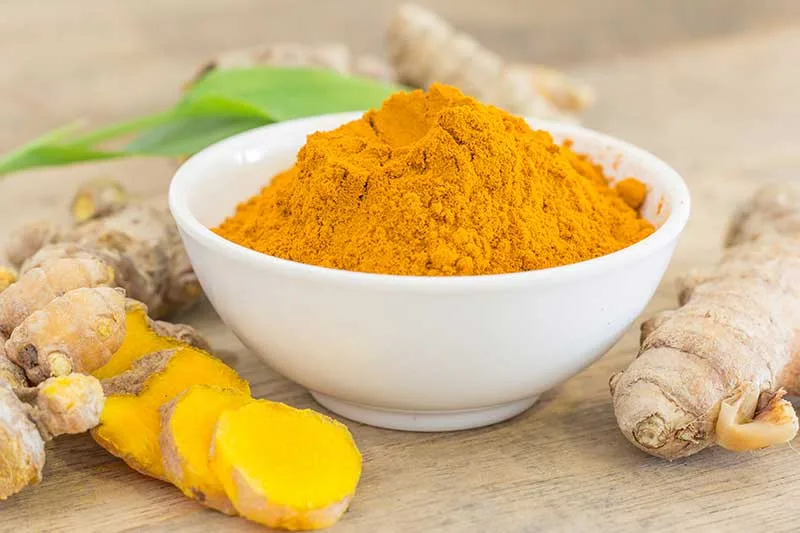
If you experience sneezing, sore throats, or sinus congestion, especially those with onset during the warm weather, drink turmeric tea on a daily basis to ward off summer allergies. Despite its unique taste, this tea is effective in quickly reducing seasonal allergy symptoms.
#7 Licorice Root Tea
Licorice root has a sweet, mild flavor and is considered one of the best herbal teas for allergic sore throats, dry coughs, and inflammation of the respiratory tracts. This plant has an extraordinary property that helps drain throat phlegm and sinus secretions and alleviate coughs.
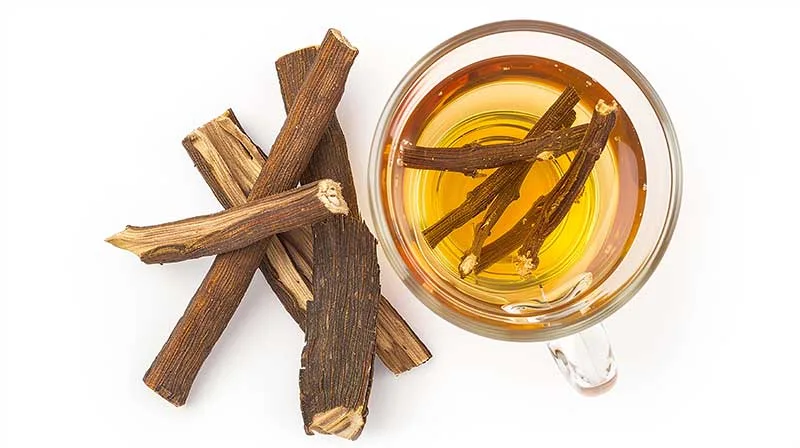
However, licorice root tea should be consumed with caution by those with high blood pressure. But for healthy individuals, licorice root tea can be a great, natural, and more effective alternative to anti-inflammatory pills. It also tastes great, which is important if you’re not into drinking herbal teas yet.
#8 Rosemary
Rosemary is another common spice in cooking that found its way into teacups. Rosemary tea is rich in antioxidants and anti-inflammatory compounds. Together, these compounds reduce inflammation of the respiratory tract and control summer allergy symptoms such as nasal congestion and wheezing. This tea is a great option if you suffer from hay fever or asthma-like symptoms in warmer seasons.

When you drink rosemary tea regularly, your immune system will be strengthened against pollen and seasonal allergens. Of course, excessive consumption should be avoided, as it may be harmful in high doses.
#9 Echinacea Tea
Echinacea is a popular herbal medicine that belongs to the Asteraceae family and is native to North America. The main benefit of echinacea tea is that it boosts the immune system, which prevents itchy eyes, itchy nose, sneezing, and nasal congestion during allergy season, and when the chance of exposure to tree pollen is higher.
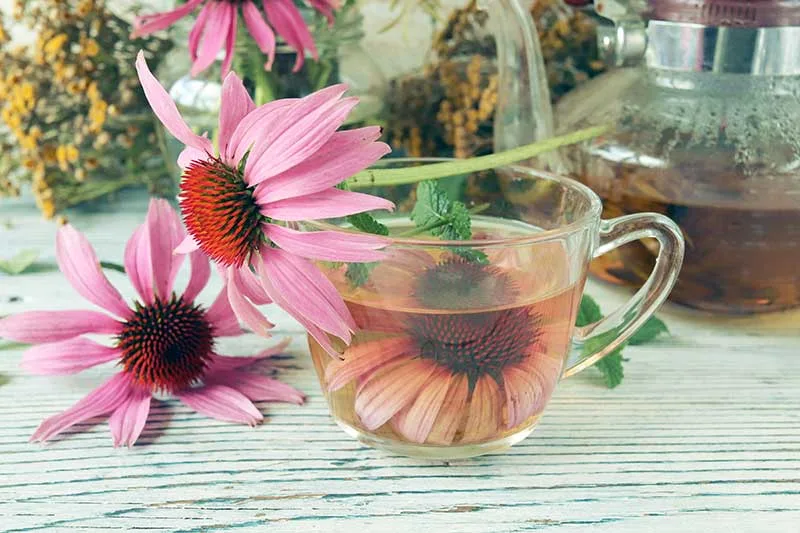
Drinking echinacea tea can help your body better control severe allergic reactions, and since it is decaffeinated, your sleep pattern isn’t affected if you drink it in the afternoon, evening, or before bedtime.
Concusion
Seasonal allergies can make summer a nightmare for many. But luckily, nature and plants always have a prescription for relief. Medicinal plants such as nettle, chamomile, ginger, and lavender are not only simple and available, but they can reduce symptoms such as sneezing, itching, nasal congestion, and skin rashes without serious side effects.
A cup of herbal tea may not be a definitive cure, but it can be an effective step on the path to a better life, especially on days when even breathing becomes a challenge. All we need is a little patience, consistency, and careful selection of the right herb. So the next time your eyes are itchy or you can’t stop sneezing, take refuge in nature. Maybe that warm or cool herbal tea is the simple solution you need.
